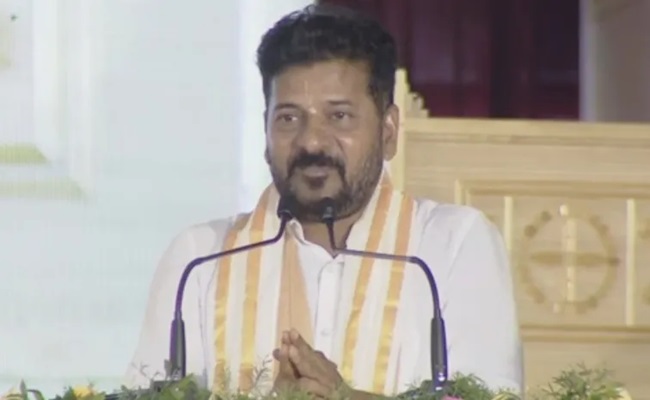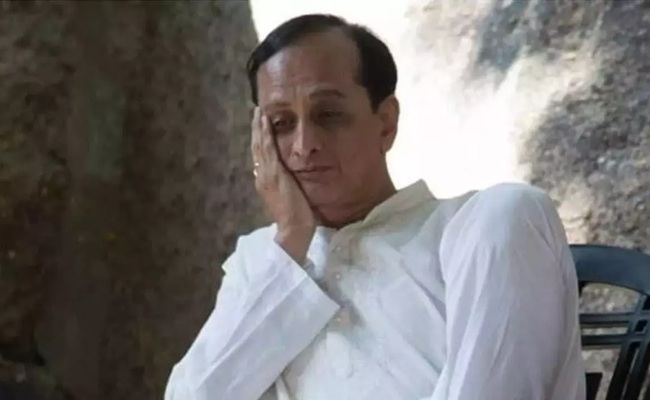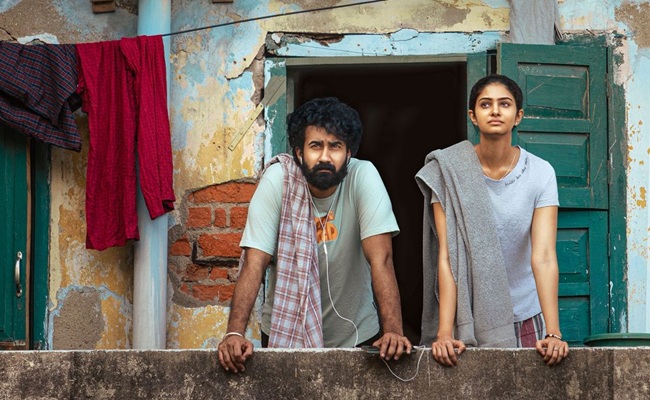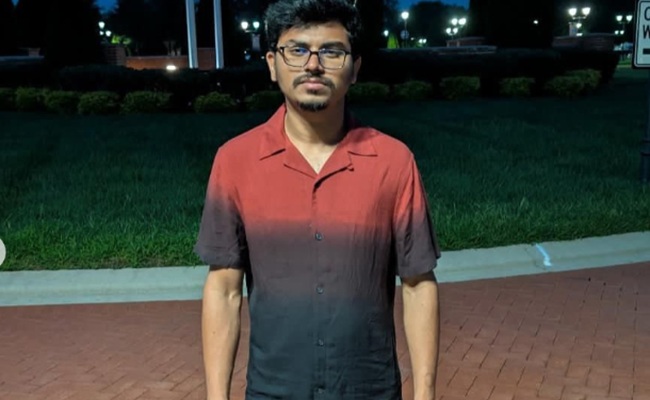
Telangana Chief Minister A Revanth Reddy, while handing over documents related to the allotment of house sites to journalists at a function in Ravindra Bharati on Sunday, posed an intriguing question: “Who is a real journalist?”
He urged journalist union leaders and veterans in the profession to provide a clear definition of a journalist.
“These days, a number of YouTube journalists are mushrooming across the state, and it is difficult to determine which journalist belongs to which 'tube,’” the chief minister remarked.
Reddy pointed out that these so-called “tube journalists” are going wherever they please, publishing whatever they want under the guise of news. When people push back, these “journalists” claim it as an attack on the media.
The chief minister noted that such unscrupulous individuals, claiming to be journalists, are tarnishing the reputation of the entire profession.
“Some people are giving a new definition to journalism. Senior journalists should take the initiative to provide clarity to politicians and the public on who qualifies as a journalist and what standards should be used to recognize someone as a legitimate journalist,” he said.
Revanth Reddy’s comments have sparked significant debate in media circles over the past two days. Many veteran journalists acknowledged that his remarks made sense, particularly in this era dominated by so-called social media.
There are regulatory mechanisms for traditional media—both print and electronic—as they cannot publish or broadcast news without oversight.
Individuals can approach the Press Council of India, and the Registrar of Newspapers of India has the authority to cancel the registration of newspapers.
Even social media platforms like Facebook, YouTube, and Instagram have certain regulations enforced by their respective owners. However, there is virtually no control over the content posted by these platforms—be it news or opinion.
Anyone can start a YouTube channel and share their views, but there is no mechanism to verify whether the news aired by these channels is factually accurate or misleading.
These days, YouTube channels often go public, claiming to be part of the media, and are reportedly blackmailing politicians and businesspeople for money, threatening to post negative content if their demands are not met.
There are also digital newspapers circulated solely via WhatsApp. Those who run these WhatsApp publications claim to be reporters, spreading news exclusively through WhatsApp groups and individuals. Again, there is no system to verify the accuracy of their content.
Now, these social media reporters are also seeking accreditations and house sites from the government. As Revanth Reddy suggested, journalist unions and media academies should take the initiative to address and curb the menace of these fake journalists.














